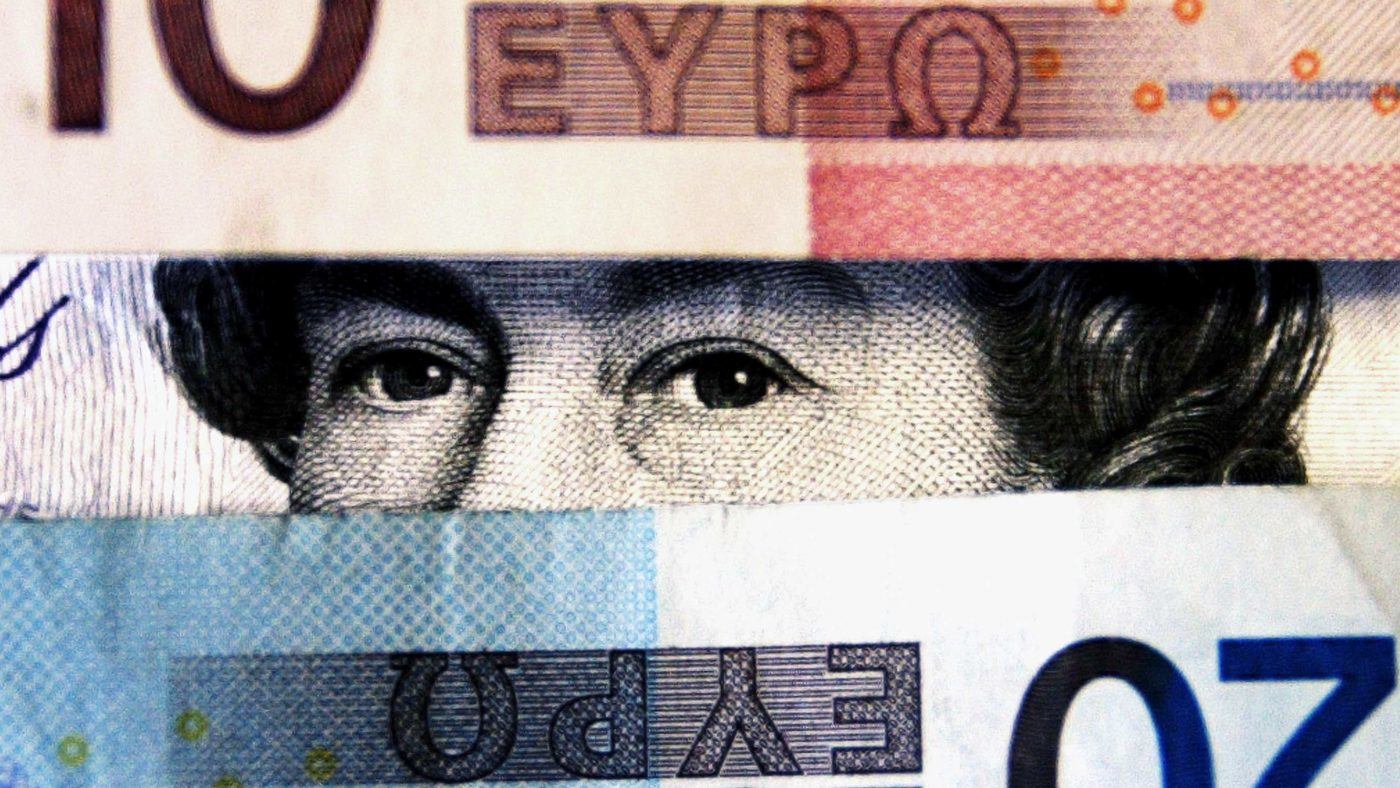Sterling is understandably being whipped around by the uncertainty of Brexit. Official commentators and option market pundits even suggest that a ‘No’ vote could send the pound plummeting by a further whopping 15%. But this seems unlikely. Financial markets are forward discounting mechanisms and it would be misleading to suggest that hordes of nervous speculators are still holding pounds. ‘Buy on the cannons: sell on the trumpets’ may again prove the doomsters wrong.
In fact, it is hard to find any evidence in the data of the ‘large capital outflows’ recently cited by the Bank of England. Rather the opposite: sterling may be benefitting from large inflows of foreign investment capital. UK foreign exchange reserves have been steadily growing and, until its latest wobble, the sterling exchange rate index had been rising. While acknowledging the large UK trade deficit, sterling has still managed to attract a rising and more than off-setting inflow of capital over the past two years. UK foreign exchange reserves have climbed by more than US$20 billion over the past year and estimates point to net capital inflows (excluding FDI) totalling close to US$200 billion. These capital inflows correlate closely with the improvement in the quality of Britain’s private sector finances. Let’s congratulate Messrs Osborn, Carney and Cameron for their fine job. Latest flow of funds data shows a remarkably solid fundamental background that owes much to the underlying strengths of the British economy. UK corporates are copying the earlier example of US industry and generating substantial cash.
The conclusion must be that sterling looks undervalued ahead of the EU Referendum. In fact, post-Brexit the markets may start to ask more questions of the Euro, which lies at the very heart of the European project. The Euro binds together a disparate mix of high and low productivity economies. Economists loosely speak of ‘optimal currency areas’, but the non-optimal Eurozone is a Murphy’s Law equivalent. Two decades of Euro experience show that it has led to economic divergence across Europe and not convergence. Capital productivity rates across the major core economies, such as Germany, have halved over the period, but in Spain, Portugal, Greece and Italy they have plunged into the red. Even France, at one time a key member of this core group, is now struggling to hang on. Italy has already been lost. In short, the Eurozone is bad economics writ large: the rich European countries get richer and the poor get poorer. This simple fact explains the scandalously high youth unemployment rates across Southern Europe. If Britain leaves the EU, the markets will surely ask: Who will be next?


